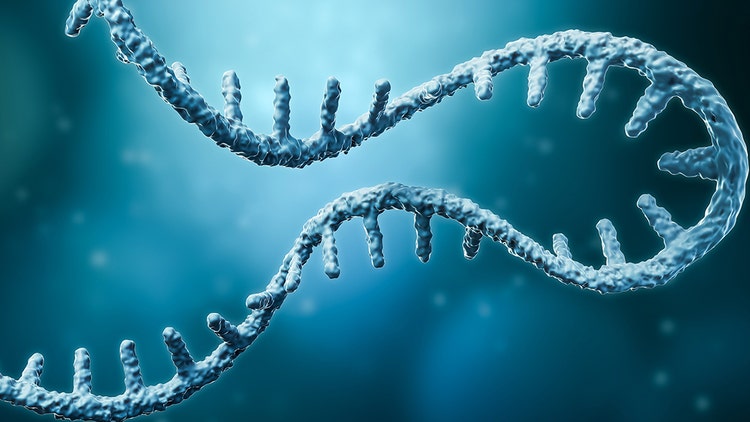State of RNA Manufacturing: Analytical Testing in RNA Process Development

Unlike traditional protein-based therapeutics, mRNA treatments require cellular uptake and translation before producing effects. Therefore, careful analytical characterization during process development is essential to monitor the molecule, as any change can cause undesirable downstream effects. However, implementing the appropriate analytical testing workflows is a major challenge to ensure the efficacy and safety of the final drug product.
Analytical instrumentation should meet several criteria:
- Desired sensitivity to detect unexpected modifications or impurities.
- Demonstrated consistency and reliability to ensure accurate and repeatable results.
- Sufficient throughput to eliminate bottlenecks from highly manual and laborious procedures.
- Successful process analytics are possible by combining and scaling the appropriate testing methods with equipment to obtain the necessary answers.
For instance, capillary electrophoresis can precisely analyze RNA fragment size, impurities, or modifications, allowing accurate measurement and quantification of RNA molecules by size while evaluating the integrity and purity of the overall product. The SCIEX BioPhase 8800 system can:
- Obtain high-resolution data of RNA fragments
- Allows comparison of samples to the expected strand sizes, especially after in vitro transcription or Poly(A) tailing reactions
- Can determine the integrity and packaging of mRNA-LNPs at the encapsulation step
- Supports eight parallel sample runs, increasing the analytical capacity
The efficiency of 5’-RNA capping and 3’ polyA tail length are key quality attributes that need to be evaluated. Mass spectrometry (MS) systems can be used to characterize and quantify cap structure and modifications. The SCIEX ZenoTOF 7600 system is capable of characterizing both attributes and is suited for:
- Identification and highly sensitive quantitation of capping intermediates
- Molecular weight determination of 3'-end poly-A tails
Overall, MS enables deep characterization of RNA products and any impurities, identifying opportunities for optimization. However, every analytics approach will also benefit from having the right software platform to draw insights from copious amounts of data while maintaining regulatory compliance. Genedata Expressionist® enables you to leverage the sensitivity and molecular insights provided by MS for in-depth characterization and quality monitoring of RNA therapeutics. It is a flexible platform for streamlining MS data processing, analysis and reporting throughout the development of RNA-based therapeutics, from early discovery to downstream regulated environments.
Contact an expert from the Life Sciences companies of Danaher to learn more about increasing analytical capacity and how to gain critical insights faster during RNA drug development.